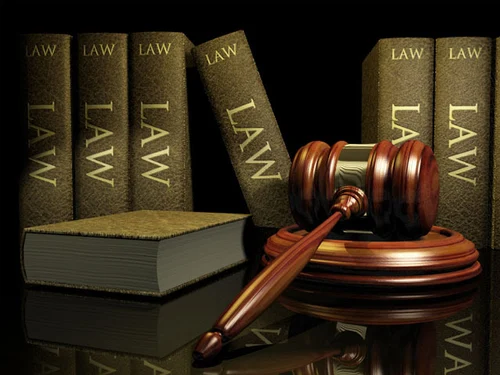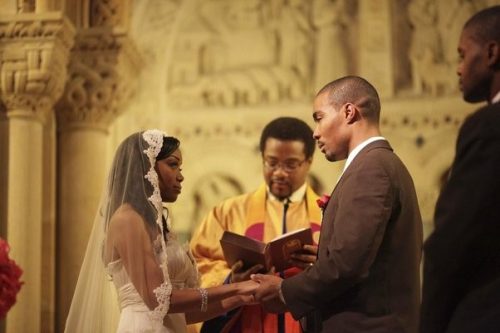You may think of mansions, farms and sprawling grounds when you hear the word “estate” but you need not be wealthy to consider estate planning. An estate consists of assets acquired and owned by an individual and these include but are not limited to real estate, equity, cars and cash. Estate planning should be considered by anyone who wants their assets transferred to their loved ones after their demise. What happens to your property after your demise is entirely up to you and is achievable through estate planning.
An estate plan is a collection of legal documents that state one’s wishes on the preservation, management and distribution of one’s individual assets after death or in the event that they become incapacitated. It further states who will guard your stated wishes and act on them. An estate plan is comprised of the following documents:
- Wills: A Will is a legal document that declares one’s wishes regarding management and distribution of one’s assets upon their demise or incapacitation. It also appoints legal guardians for minors and provide for maintenance for one’s dependents. In a Will, one appoints executors who one trusts will effectively carry out ones wishes as set out in the will. A valid will is one drafted in accordance with the laws of your jurisdiction and therefore will require the advice of a professional while drafting one.
- Living will: While the Will described above talks about your loved ones who are to benefit from your estate, a living Will states your wishes in regards to medical treatment in the event that you get to a point where you cannot speak for yourself. In short, a living Will sets down your end of life preferences. For example, whether you would prefer for your life to be preserved no matter what.
- Power of Attorney: A power of attorney is a legal document in which one (the principal) appoints a person or persons to act on their behalf (agents) in the event of death or incapacitation. The power or authority vested in said agents is specified in this document. The principal will also prescribe the period the said agents will have this power. For example, the principal may appoint persons to make financial decisions, legal or business decisions, manage investments, among others, on their behalf for a limited time.
- . Medical Power of Attorney: Flowing from (3) above, the principal in a medical power of attorney appoints an agent who will make medical decisions on their behalf in the event that they are not able to do themselves.
- Trusts” A trust is a legal relationship where one (a grantor) vests their property in another (trustee) for the benefit of a third party (beneficiary). A trust arrangement is fiduciary in nature as one in a vulnerable position (the grantor) vests their confidence and good faith in another (the trustee) for the benefit of another (beneficiary).For example, in the event that the beneficiary is a minor, the trustee controls the assets and property held in trust on behalf of the grantor and trust beneficiaries until the beneficiary becomes of age as prescribed in the trust.There are various types of trusts and they vary depending in individual circumstances and therefore one would need to consult with a professional in order to determine which trust best suits their circumstances.
If you would like to speak to one of our experts in estate planning, ring us on +256 200 925 718 Or on +256 760 200 955. You can also email us at clientservice@greenthos.com
Disclaimer: This blog post is for informational purposes only and does not constitute financial or legal advice. Always consult with a qualified professional for personalized guidance.













